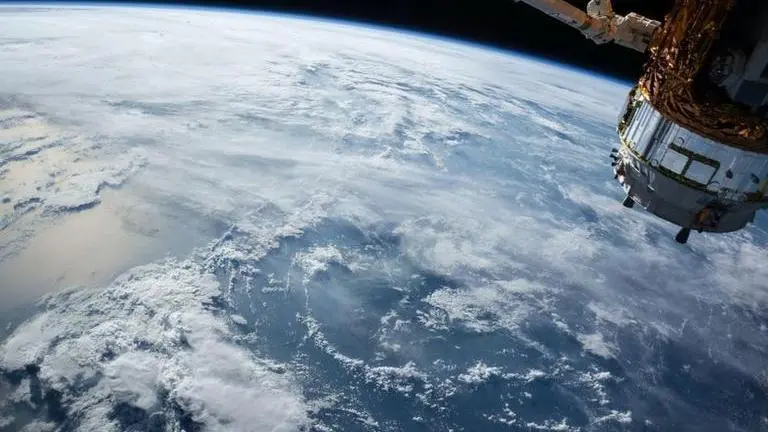Updated 6 January 2022 at 07:52 IST
Botched Russian rocket part to make 'uncontrolled' re-entry into Earth's atmosphere
On January 5, a piece of a botched Russian rocket launch made an uncontrolled re-entry back to Earth, landing in the Pacific Ocean, according to officials.
- Science News
- 2 min read

On January 5, a piece of a botched Russian rocket launch made an uncontrolled re-entry back to Earth, landing in the Pacific Ocean, according to officials. On December 27, scientists launched the Angara-A5 heavy-lift rocket, named after a river in Siberia, for the third time from the Plesetsk Cosmodrome in northern Russia. The goal, according to state-run media, was to conduct the first-ever test of a new upper-stage rocket known as the Persei booster.
The launch was first hailed as a success, with officials claiming that everything went well. However, the booster's engine failed, preventing the launcher from reaching orbits higher than low-Earth orbit. The 18th Space Control Squadron reported re-entry took place over the South Pacific at 4:08 p.m. EST on Wednesday evening. There were no other specifics given.
The abundance of space debris in low-Earth orbit has become recurring threat to ISS
When space debris reenters Earth's atmosphere, it usually burns up, causing little harm. Larger portions, on the other hand, can be deadly depending on where they land. The abundance of space debris in low-Earth orbit has become a recurring threat to the International Space Station, delaying spacewalks and even causing damage to the ISS's exterior. The United States claimed in November that debris from a Russian anti-satellite missile test led the crew of the International Space Station to seek cover as a precaution.
After rocket debris used to launch China's new space station fell in the Indian Ocean last May, NASA slammed the country for failing to satisfy acceptable standards. To preserve the safety, stability, security, and long-term viability of outer space activities, China and all spacefaring states and commercial organisations must operate responsibly and transparently in space.
Advertisement
The space shuttle Columbia catastrophe in February 2003 resulted in the largest re-entry breakup over a populated area, with 200,000 pounds of spacecraft breaking up over Texas, causing a significant amount of debris to impact the earth but no injuries. On December 27, scientists launched the Angara-A5 heavy-lift rocket, named after a river in Siberia, for the third time from the Plesetsk Cosmodrome in northern Russia. The goal, according to state-run media, was to conduct the first-ever test of a new upper-stage rocket known as the Persei booster.
Image: Unsplash/Representative
Published By : Aparna Shandilya
Published On: 6 January 2022 at 07:52 IST
